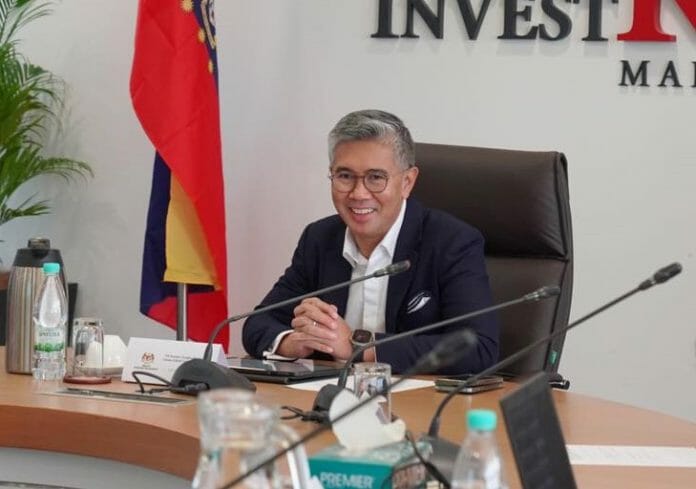According to Minister Of Investment, Trade And Industry Tengku Datuk Seri Zafrul Abdul Aziz during the partnership announcement between AAPICO and Proton, the nation’s automotive industry and its entire ecosystem support over 700,000 workers, accounting for over 4.4% of the Malaysian workforce. Additionally, the sector contributes approximately 4 to 5% to the nation’s gross domestic product on average.
“In 2022, the Malaysian automotive industry achieved record sales, with a growth rate of 41.6% year-on-year, surpassing 720,000 (720,658) motor vehicles sold compared to around 509,000 (508,911) in 2021. As this is partly due to the fulfillment of pent-up demand post pandemic, it is important to exercise caution as we may not see similar growth rates this year,” he said.
Nevertheless, the National Automotive Policy (NAP) led by MITI ensures that the industry will continue to thrive in the coming years based on clear goals and targets for its future direction.
He added that the success of the NAP is evident in this sector’s significant development of capacity in various sub-fields of automotive engineering such as mechanical, electrical, electronic, software, and safety engineering. This has made it an attractive base for global automotive manufacturers.
“Currently, we have over 30 manufacturers and vehicle assemblers who leverage the country’s ease of doing business and well-established automotive ecosystem to meet the growing domestic and regional demands for their brands,” said Zafrul.
The presence of these manufacturers has also had a positive spillover impact on the domestic supply chain, represented by the 641 parts and components makers in the country.
Moving forward, MITI remains focused on further developing this sector. The NAP2020 serves as the blueprint for positioning Malaysia as a regional automotive hub for Energy Efficient Vehicles (EEVs), including electric vehicles (EVs), with a strong emphasis on the development of Next-Generation Vehicles (NxGV), Mobility as a Service (MaaS), and the integration of Industry 4.0 technologies.
While the automotive sector contributed RM64.5 billion in 2022, the NAP aims to increase its contribution to RM104.2 billion to gross domestic product by 2030.
“Additionally, we are targeting RM12.3 billion worth of CBU vehicles exports by 2030. Therefore, our expectations are high that PROTON will continue to be a key player in helping the nation achieve its NAP targets, particularly in the production of energy efficient vehicles, or EEVs, as well as EVs, which are equipped with smart technology,” he added.
According to Zafrul, AAPICO, an auto parts maker from Thailand will play a vital role in Proton’s supply chain by locally producing critical parts and components, including assembled body parts and chassis components for a variety of Proton’s models.
This joint venture will not only utilise the existing plant set up, but will also include upgrades, plant extensions, and new machinery investments.
This joint venture will also contribute to the development of the Automotive High-Tech Valley (AHTV), aiming to transform Tanjong Malim into an automotive hub that attracts global manufacturers and component suppliers, particularly in advanced automotive technologies such as EVs and Next Generation Vehicles (NxGV).
To facilitate this investment in Tanjong Malim, the government is offering an attractive incentive package, including tax exemptions for land development, the manufacturing of parts and components, and the establishment of research centres and educational institutions.
“It is my deepest hope that more projects will be coming to Tanjong Malim, further advancing the development of AHTV. MITI is currently working on an initiative to streamline the roles and functions of all Investment Promotion Agencies (IPAs) in Malaysia,” he said, adding that the National Investment Council has acknowledged the external threats to Malaysia’s competitiveness and has entrusted MITI with the responsibility of enhancing the ease of doing business for investors by streamlining and realigning the IPA landscape.









